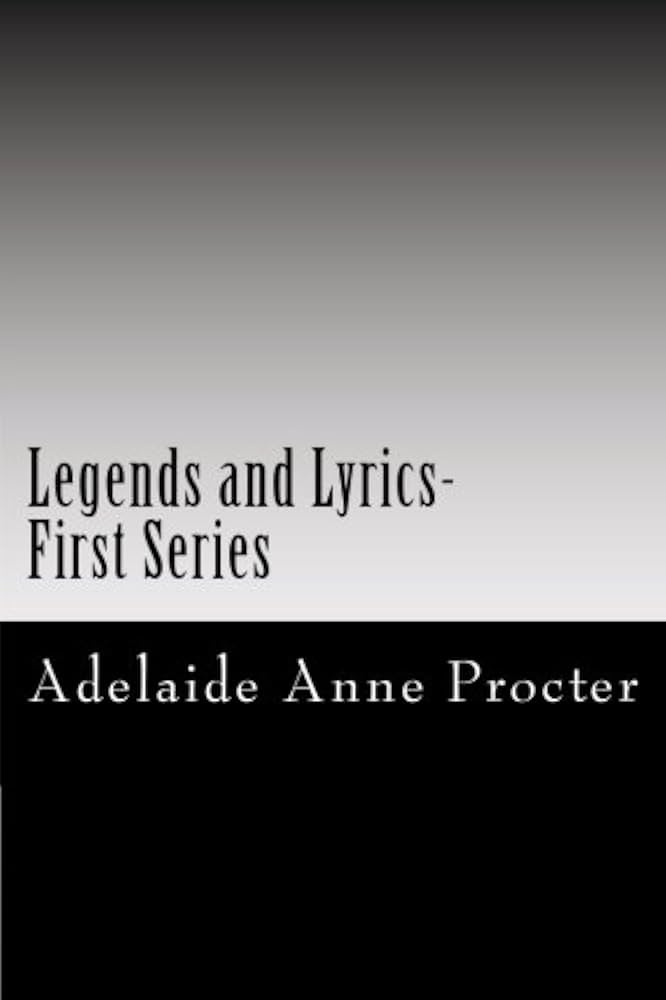A MARRIAGE
byA Marriage begins not with the glow of joy, but with a tone that suggests obligation rather than bliss. The wedding of a farmer’s daughter, instead of bringing laughter and community cheer, becomes a restrained and bittersweet occasion. At the heart of the story lies a simple truth—what society calls a celebration often conceals silent sacrifice. The setting, meant to be the family’s chapel, had to be changed at the last moment due to failed permissions, and this inconvenience becomes a metaphor for greater dissatisfaction. The Constitution is vaguely blamed, but the blame feels more symbolic than legal. It reflects how tradition and red tape combine to control even the most intimate moments in life.
The wedding procession is notably small, and its limits seem practical on the surface—steep terrain, long distances—but deeper meanings emerge. The bride’s mother and the unmarried women are excluded, not due to indifference but as a consequence of rigid norms. Such absences cast a shadow over the ceremony, with emotional support replaced by a sense of duty. The bride, in her silk and gold, visits the narrator to receive blessings, and though she appears calm, others sense her discomfort. There’s a subtle tension between outward glamour and inward sorrow. Her presence is not jubilant—it’s deliberate, polite, but slightly distant. It is not the joy of a new beginning but the resignation of one path closing behind her.
The attempts to inject festivity into the day fall flat. The groom’s drunken state, rather than amusing anyone, draws silent judgment and quiet alarm. The sisters cry—not from happiness but because something feels lost. Laughter from guests feels hollow, as if everyone is trying too hard to make the event feel normal. When the couple departs, the goodbye is marked by chaos rather than grace—pistol shots, yelling, and unease fill the air. This is no fairy tale send-off. It’s a chapter closed with discomfort. Yet, no one openly objects. Instead, the marriage is called a good one, because the match makes sense on paper. What lingers is not love but the weight of expectations.
Looking back, the mood shifts to the reflection of Miss Procter’s memory, whose work this tale belonged to. Though her poetry often held a sorrowful undertone, her real-life personality was quite the opposite. Known for her lively humor, she was filled with warmth and a generous heart. Her smile was frequent, and her wit was genuine. There was a brightness about her that disarmed strangers and comforted friends. She gave not to impress but to serve. Her writing, while emotional, did not fully capture the kindness and joy she gave to those around her.
Her life was marked by tireless efforts in social causes. Whether through supporting women’s education or aiding the underprivileged, she never asked for recognition. Her deeds were consistent and quiet. There were no performances—just action. Yet all this labor came at a cost. Her health waned over time, strained by her ceaseless giving. Eventually, illness overtook her, and she spent her final months confined to a bed. Still, she never complained. Her tone remained cheerful, her words always thoughtful. When death approached, she did not resist it but greeted it as a gentle question, not a harsh command.
There’s something profoundly honest in how this tale and its author’s life are intertwined. Both reflect how outward appearance often hides inner reality. The wedding looks proper but feels wrong. The poet seemed melancholy on the page, but in life was vibrant and giving. These contrasts underscore how truth is rarely singular. People carry multiple layers—joy beside grief, duty beside doubt. Procter’s own departure from this world felt like the closing of a quiet but beautiful story, one marked not by tragedy, but by a soft surrender. In that ending, there is grace, not fear.
As readers reflect on A Marriage, they are invited to consider the many roles that tradition, gender, and class expectations play in shaping personal decisions. The wedding wasn’t unhappy because of overt cruelty—it was dulled by the subtle erosion of freedom. The bride’s choices were dictated more by culture than desire. Procter, in her subtle critique, reveals how common such stories are. Many lives follow the script others write. In this way, the chapter isn’t just about one wedding. It’s about countless women who’ve worn gold and silk without feeling truly adorned.
The real message lies in the emotional honesty of the writing. It reminds us that joy cannot be manufactured, and meaning cannot be measured by appearances. Miss Procter’s poetry captured this duality well. Her legacy lives not only in her words but in the lives she touched and the empathy she gave. The chapter, like her life, asks us to look deeper. To listen to what isn’t said aloud. And to recognize that a marriage, just like a poem, holds truths that go beyond its structure.


